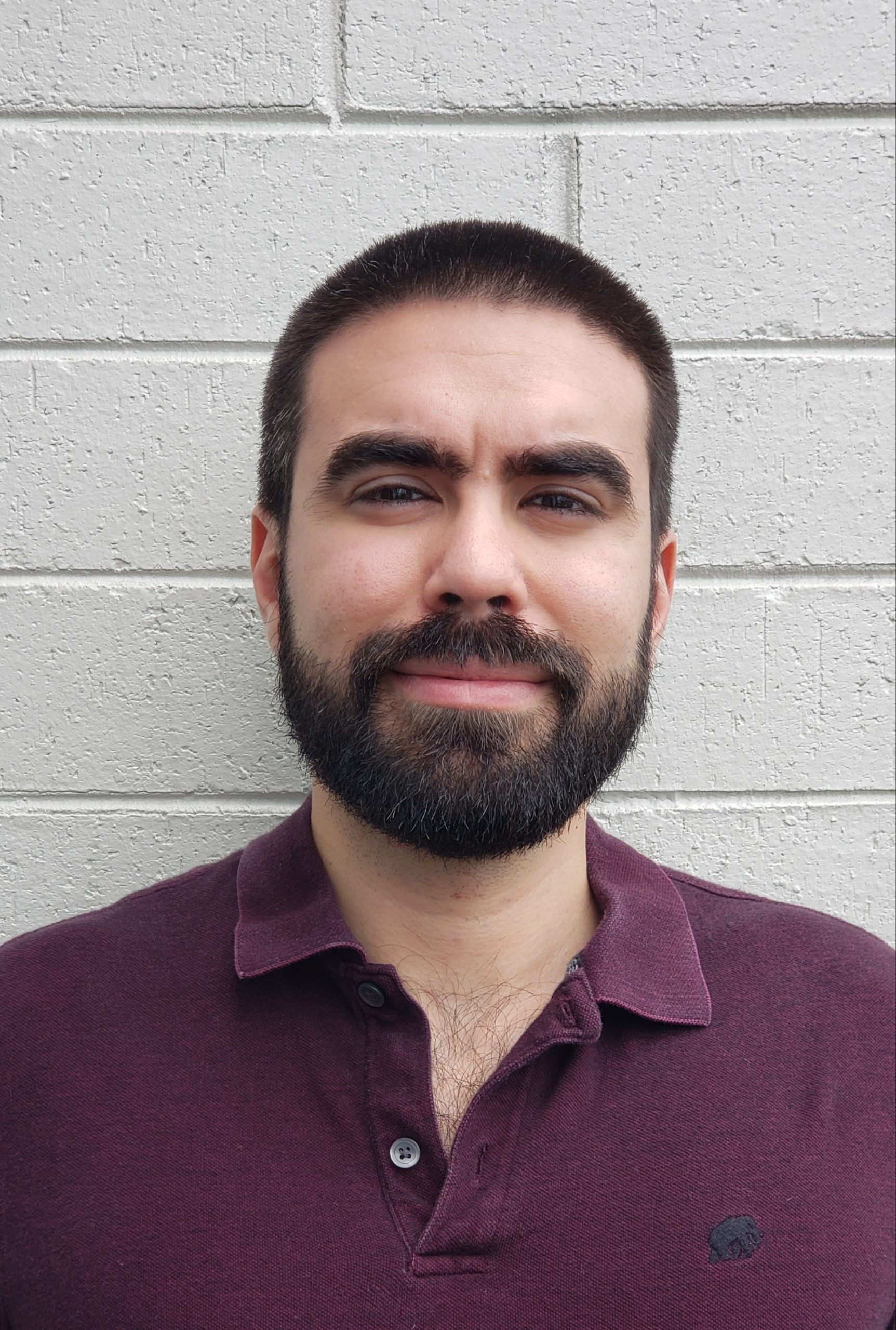Dissertation Defense
The Twin-Probe Method: Improving Langmuir Probe Accuracy on Small Spacecraft
This event is free and open to the publicAdd to Google Calendar

Abstract:
Electron temperature, ion density, and electron density are some of the critical plasma properties that help define a space plasma environment. To derive these plasma properties, a plasma diagnostic tool known as the Langmuir probe (LP) is extended into the space plasma and biased with respect to the spacecraft. LPs have been vital on many large, more traditional satellites, but as very small spacecraft (e.g. CubeSats) gain popularity, as research and education platforms, new challenges for LP utilization appear. A key concern hindering LP operation on these small satellites is the spacecraft charging (spacecraft potential changes) induced during LP operation, which reduces LP measurement accuracy. Laboratory plasma experiments and modeling were used to show that these charging effects can be corrected using a second isolated probe, which tracks spacecraft potential changes during LP sweeps. This dual probe measurement is referred to here as the twin-probe method (TPM). The TPM is shown to improve the accuracy of electron temperature and electron density measurements on very small spacecraft. This dissertation focuses on the efficacy of the TPM and identifies barriers that must be addressed to maximize its impact.
Chair: Professor Brian Gilchrist
Remote Access: https://bluejeans.com/279498965
 MENU
MENU 
